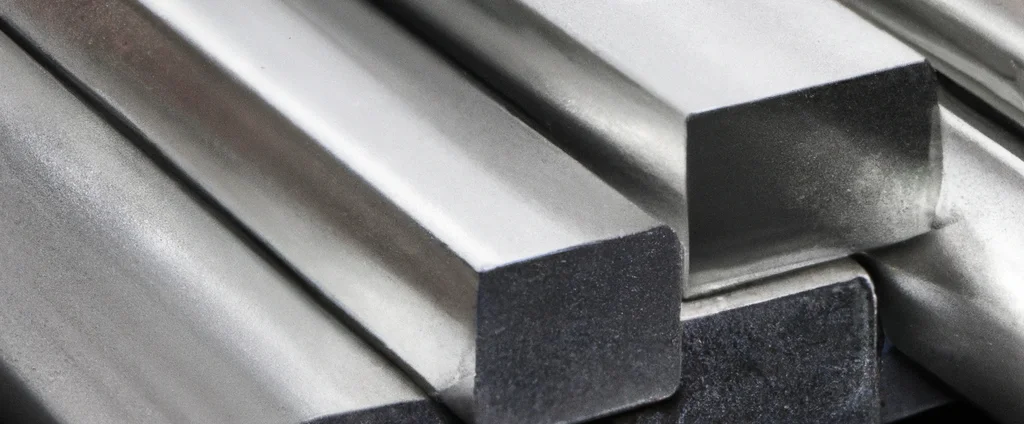Aluminum Alloy 3004 (UNS A93004)

Aluminum 3004 is a manganese-magnesium alloy prized for its corrosion resistance and formability, making it ideal for the manufacturing of beverage cans, roofing, and heat exchangers.
| Chemical Composition | ||
|---|---|---|
| Element | Min | Max |
| Aluminum | 95.6% | 98.2% |
| Copper | —— | 0.25% |
| Iron | —— | 0.7% |
| Magnesium | 0.8% | 1.3% |
| Manganese | 1.0% | 1.5% |
| Silicon | —— | 0.3% |
| Zinc | —— | 0.25% |
| Residuals | —— | 0.15% |
The following table provides a list of aluminum 3004 properties in both SI and US customary/Imperial units.
Click on the button to switch between Metric and Imperial units.
| Physical Properties | Metric |
|---|---|
| Density | 2720 kg/m3 |
| Mechanical Properties | Metric |
| Tensile Strength | 210 MPa |
| Yield Strength | 170 MPa |
| Young’s Modulus (E) | 70 - 80 GPa |
| Shear Modulus (G) | 25 GPa |
| Elongation at Break | 10 - 12% |
| Poisson’s Ratio (ν) | 0.33 |
| Brinell Hardness | 55 HB |
| Thermal Properties | Metric |
| Melting Point | 630 - 655 °C |
| Thermal Conductivity | 160 W/m·K |
| Specific Heat Capacity (Cp) | 890 J/kg·K |
| Coefficient of Thermal Expansion (αL) | 2.35×10-5 1/°C |
| Electrical Properties | Metric |
| Electrical Conductivity | 2.4×107 S/m |
| Electrical Resistivity | 4.2×10-8 Ω·m |
The values in this table are approximate and can vary depending on various factors such as the specific manufacturing process and heat treatment applied to the alloy.
Advantages & Disadvantages of Aluminum 3004
| Advantages | Disadvantages |
|---|---|
| Corrosion resistance | Lower strength |
| Good formability | Prone to cracking |
| Lightweight | High cost |
Applications of Aluminum 3004
Aluminum 3004 is the go-to alloy for industries requiring lightweight, corrosion-resistant, and easily fabricated materials, including:
- Beverage cans: Widely used in the manufacture of beverage cans due to its corrosion resistance and formability.
- Heat exchangers: The corrosion resistance and thermal conductivity make it suitable for use in heat exchangers, such as those used in HVAC systems and automotive radiators.
- Roofing and siding: Sometimes used in roofing and siding applications due to its corrosion resistance and ability to be easily formed into various shapes.
- Chemical equipment: The corrosion resistance makes it suitable for use in chemical processing equipment.
- Cooking utensils: Sometimes used in the manufacture of cooking utensils due to its ability to conduct heat and its resistance to corrosion.
- Packaging: Used in the manufacture of packaging materials such as foil and cans due to its lightweight and formability.
- Signage: The formability and corrosion resistance make it suitable for use in outdoor signage.
- Electrical equipment: The relatively high electrical conductivity and formability make it suitable for use in electrical equipment such as capacitors and transformer windings.
